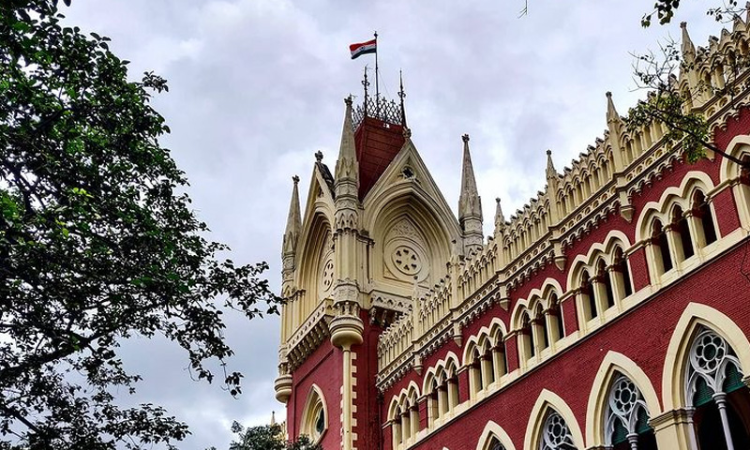The Calcutta High Court on Friday upheld the conviction of a man for the offence of rape after observing that the consent of the minor victim is immaterial as she was below 16 years of age at the time of the alleged incident. It was alleged that there was an ongoing love affair between the accused and the victim and that the alleged sexual intercourse was consensual. It may be noted that...

